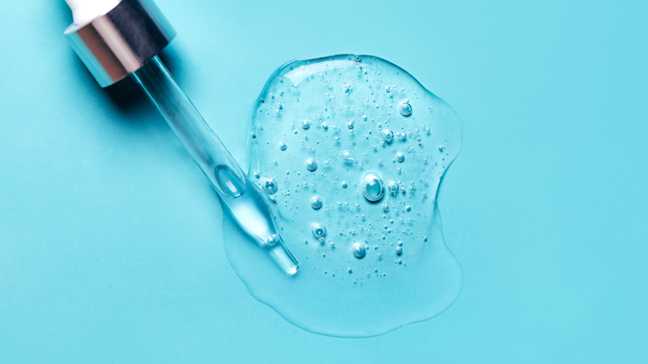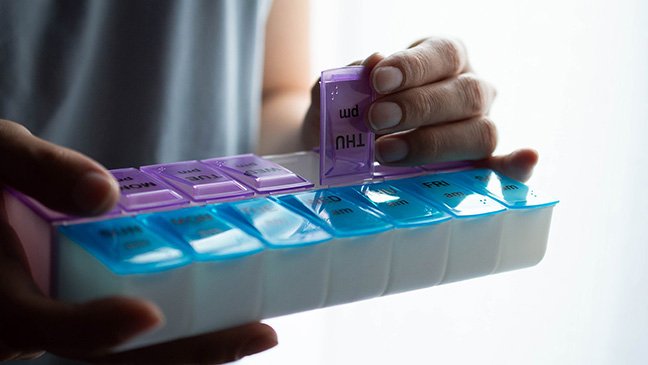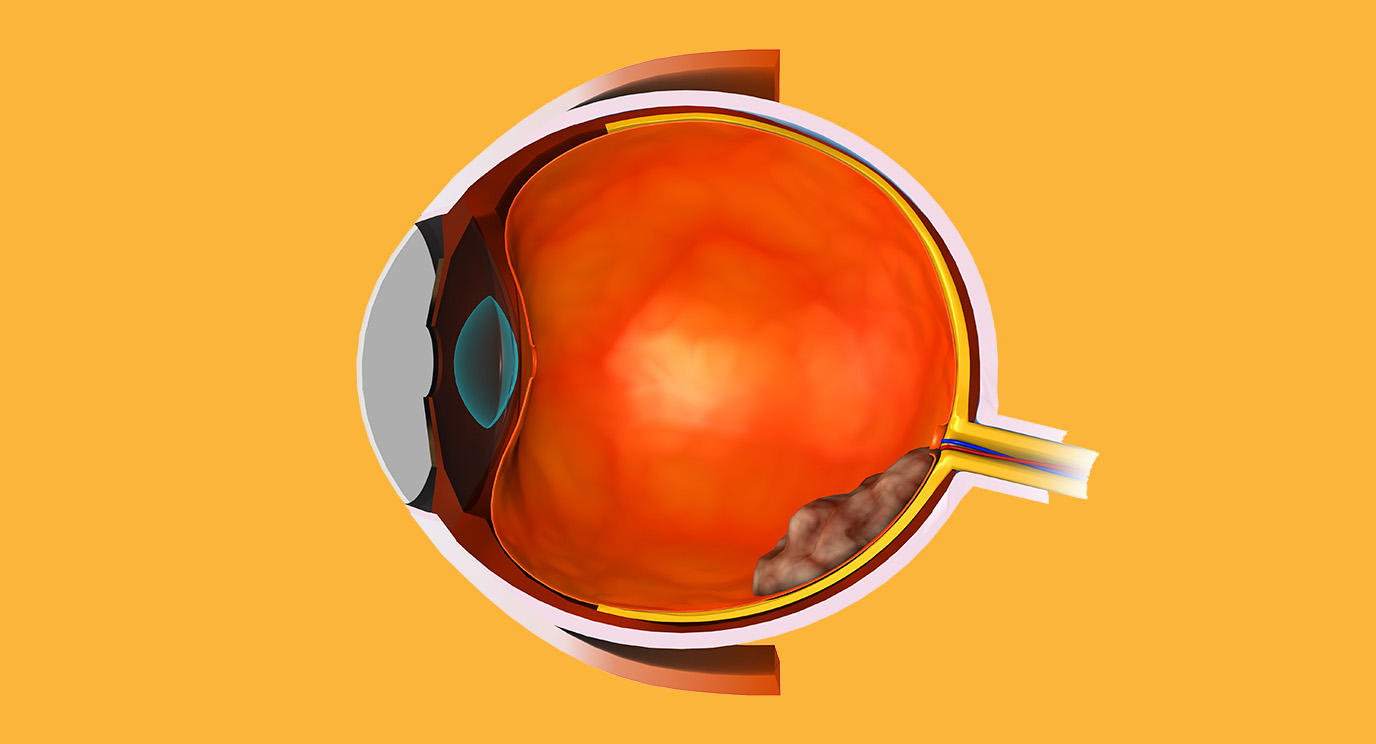How a plant-based diet can reduce your cancer risk
- Diseases
- Acoustic Neuroma (16)
- Adrenal Gland Tumor (24)
- Anal Cancer (70)
- Anemia (2)
- Appendix Cancer (18)
- Bile Duct Cancer (26)
- Bladder Cancer (74)
- Brain Metastases (28)
- Brain Tumor (234)
- Breast Cancer (726)
- Breast Implant-Associated Anaplastic Large Cell Lymphoma (2)
- Cancer of Unknown Primary (4)
- Carcinoid Tumor (8)
- Cervical Cancer (164)
- Colon Cancer (168)
- Colorectal Cancer (118)
- Endocrine Tumor (4)
- Esophageal Cancer (44)
- Eye Cancer (36)
- Fallopian Tube Cancer (8)
- Germ Cell Tumor (4)
- Gestational Trophoblastic Disease (2)
- Head and Neck Cancer (14)
- Kidney Cancer (130)
- Leukemia (342)
- Liver Cancer (50)
- Lung Cancer (286)
- Lymphoma (278)
- Mesothelioma (14)
- Metastasis (30)
- Multiple Myeloma (100)
- Myelodysplastic Syndrome (60)
- Myeloproliferative Neoplasm (6)
- Neuroendocrine Tumors (16)
- Oral Cancer (102)
- Ovarian Cancer (178)
- Pancreatic Cancer (160)
- Parathyroid Disease (2)
- Penile Cancer (14)
- Pituitary Tumor (6)
- Prostate Cancer (150)
- Rectal Cancer (58)
- Renal Medullary Carcinoma (6)
- Salivary Gland Cancer (14)
- Sarcoma (238)
- Skin Cancer (300)
- Skull Base Tumors (56)
- Spinal Tumor (12)
- Stomach Cancer (66)
- Testicular Cancer (28)
- Throat Cancer (92)
- Thymoma (6)
- Thyroid Cancer (100)
- Tonsil Cancer (30)
- Uterine Cancer (86)
- Vaginal Cancer (18)
- Vulvar Cancer (22)
- Cancer Topic
- Adolescent and Young Adult Cancer Issues (22)
- Advance Care Planning (12)
- Biostatistics (2)
- Blood Donation (18)
- Bone Health (8)
- COVID-19 (360)
- Cancer Recurrence (120)
- Childhood Cancer Issues (120)
- Clinical Trials (628)
- Complementary Integrative Medicine (22)
- Cytogenetics (2)
- DNA Methylation (4)
- Diagnosis (238)
- Epigenetics (6)
- Fertility (62)
- Follow-up Guidelines (2)
- Health Disparities (14)
- Hereditary Cancer Syndromes (128)
- Immunology (18)
- Li-Fraumeni Syndrome (8)
- Mental Health (122)
- Molecular Diagnostics (8)
- Pain Management (62)
- Palliative Care (8)
- Pathology (10)
- Physical Therapy (18)
- Pregnancy (18)
- Prevention (936)
- Research (390)
- Second Opinion (78)
- Sexuality (16)
- Side Effects (616)
- Sleep Disorders (10)
- Stem Cell Transplantation Cellular Therapy (216)
- Support (408)
- Survivorship (328)
- Symptoms (182)
- Treatment (1788)
4 detox myths: Get the facts
4 minute read | Published October 26, 2020
Medically Reviewed | Last reviewed by an MD Anderson Cancer Center medical professional on October 26, 2020
A detox for your body can sound like a great idea. Who wouldn’t want to do all they can to remove toxins from their system?
Marketers of detoxification products, diets and supplements claim they can cleanse your system and provide all kinds of benefits: more energy, better digestion, reduced inflammation and, of course, weight loss.
But are our bodies really full of toxins? And do we need help to get rid of them? Here’s the truth behind four detox myths.
Myth: Your body needs help to detox.
Fact: Your body does not need a detox program. It is designed to detoxify itself.
Toxins in your body come in two forms:
- endotoxins — byproducts your body makes, such as lactic acid, urea and feces
- exotoxins — toxins that come from outside your body. These include chemicals from cleaning products and cosmetics, pollutants from the air or water, and pesticides on food.
“The liver is our detoxification machine. It’s made to do this,” says liver cancer specialist and surgeon Thomas Aloia, M.D. “Detoxifying the normal things we eat, breathe and ingest is part of its job and keeps us alive.”
The most important thing you can do to help your body rid itself of toxins is take care of your liver. That means maintaining a healthy diet so this important organ doesn’t get overwhelmed.
“The key is moderation. Don’t pack your liver full of fat, sugar or alcohol, so the machine keeps doing its job well,” Aloia says. “It will handle all the things it needs to handle as long as it’s a healthy organ.”
Myth: A detox can restore health.
Fact: If you overindulge too often, that can damage the liver over time. And that’s something no detox can repair.
Fried foods and sugary drinks are difficult for the liver to process, and too much of each of these things become fat in the liver.
Once that fat starts to develop, it’s there for good. Even if you lose body weight, the fat in your liver will stay. This is what is known as non-alcoholic fatty liver disease.
If you drink alcohol, that can add more fat to your liver.
“That fat in the liver is on a one-way street. It can get in, but it can never get out,” says Aloia. “But you can stop adding more fat by eating a healthy diet and limiting alcohol.”
And if you switch to a healthy, plant-based diet of lean proteins, whole grains, fruits and vegetables, you will likely get all the benefits detox products claim to offer.
This includes reduced inflammation , improved digestion, more energy and a boost to your immune system.

Myth: Detoxing is safe.
Fact: Detox diets can be dangerous.
Some call for complete fasting, water or juice-only fasting, strict diets of only fruits and vegetables, or use of herbs, teas, supplements or enemas. Strict regimens like these can cause electrolyte imbalances, vitamin and mineral deficiencies, diarrhea and other stomach problems, and fatigue.
“These diets appear harmless since they use natural foods and products, but we do not have evidence that they are safe or that they work,” says wellness dietitian Lindsey Wohlford. “Information typically comes from testimonials, and progress is not monitored by a medical doctor. These two things raise a red flag for safety.”
And keep in mind, herbal detoxes or supplements do not have to be reviewed for safety and effectiveness by the Food and Drug Administration before being sold.
“Some herbal remedies are actually toxic to the liver,” says Aloia. “The only vitamin you need during cancer treatment is an age-specific daily multivitamin.”
If you think you may be deficient in a specific nutrient, talk to your doctor to figure out if you need anything extra.
Myth: Weight loss from detox is sustainable.
Fact: There’s very limited evidence that short-term detoxes are an effective long-term weight loss strategy.
You may drop some pounds, but that’s usually due to fluid losses and some loss of lean muscle mass, not body fat.
And if the diet is temporary, so are the results.
“Detoxes are not meant to be a long-term eating pattern, so the results are not long-term either,” says Wohlford. “As you begin eating normally again, the weight comes back on, but it is typically the fluid associated with glycogen storage rather than actual body fat.”
A detox can have a big impact on your body, but not necessarily in the way you hope for. So, if you are considering a detox or weight loss plan, make sure you talk to your doctor first.
Request an appointment at MD Anderson online or by calling 1-833-403-2178.
Related Cancerwise Stories

The liver is our detoxification machine. It’s made to do this.
Thomas Aloia, M.D.
Physician





